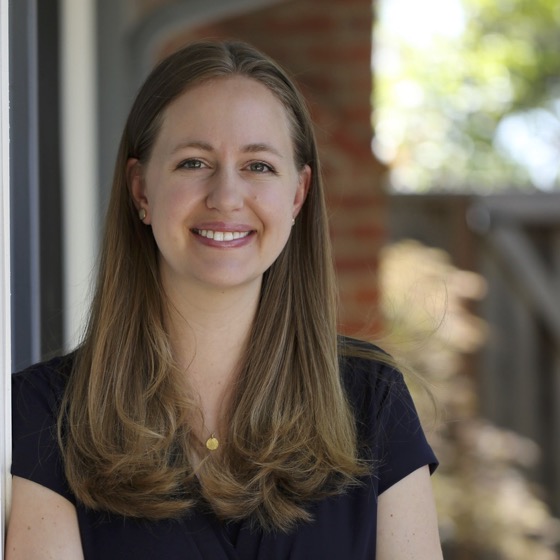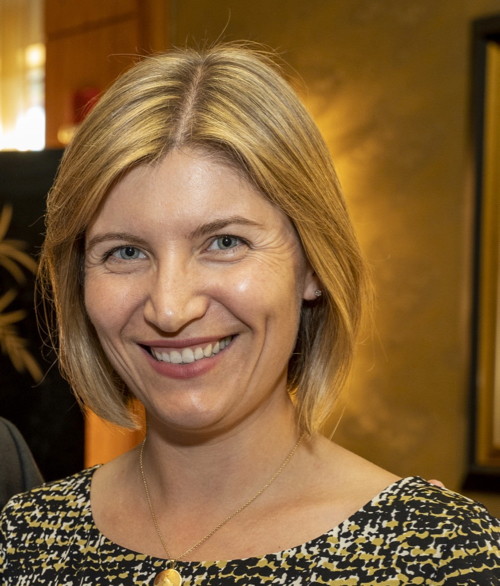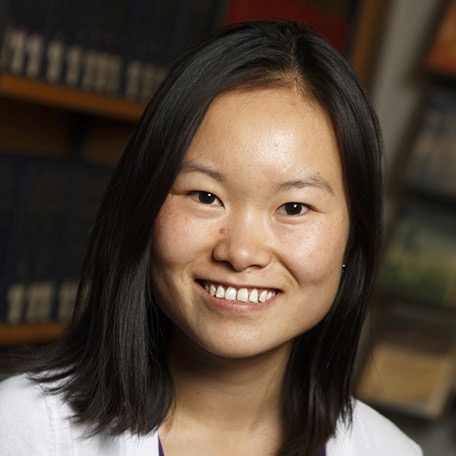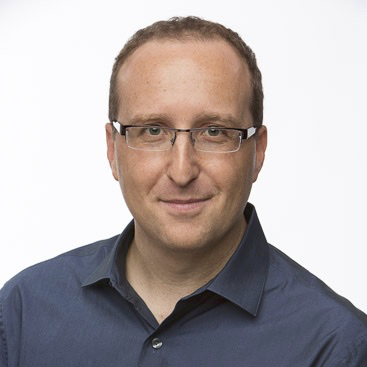





Five Vallee Scholars Appointed HHMI Investigators
We are thrilled to announce that five of the newly-appointed HHMI Investigators are Vallee Scholars. HHMI selects Investigators through a national open competition, which includes evaluation by an advisory panel of leading scientists as well as HHMI scientific leadership. Nearly 1,000 eligible scientists submitted applications during the competition. This year’s evaluation included a focus on research culture and mentoring, and highlighted individuals’ efforts to make science open and accessible to all.
The Vallee Scholars Program recognizes exceptional early-career scientists who exhibit remarkable promise and innovative thinking. The five Vallee Scholars selected to become HHMI Investigators have demonstrated extraordinary expertise and creativity in their respective fields. Their selection not only highlights their individual achievements, marks a significant milestone in their careers, and recognizes their potential to shape the future of science, but also emphasizes the collaborative and forward-thinking spirit that defines the Vallee community.
Each new HHMI Investigator will receive roughly $11 million in support over a seven-year term, which is renewable indefinitely pending a successful scientific review. This support includes their full salary and benefits, a generous research budget, scientific equipment, and additional resources.
Congratulations to our Vallee Scholars! Your dedication and pioneering work continue to inspire and elevate the scientific community. We eagerly anticipate the groundbreaking discoveries and innovations that will emerge from your research in the years to come.
Jonathan Abraham (Harvard University) (Vallee Scholar 2021) studies how viruses infect cells and replicate their genomes. His lab uses molecular virology and structural biology methods to study how viral spike proteins bind to receptors when infecting cells, how neutralizing antibodies block viral infection, and – once viruses infect cells – how viral polymerases replicate and/or transcribe viral genomes. A particular focus of the lab is emerging viruses. Abraham’s lab aims to bolster outbreak preparedness by carrying out basic, fundamental studies on the proteins that play critical roles in the life cycles of these viruses.
Lisa Giocomo (Stanford University) (Vallee Scholar 2019) is interested in understanding the neural basis of spatial navigation. Her lab investigates multiple brain regions responsible for mapping the external environment, allowing animals to remember past locations, know their current position, and flexibly plan future routes. To achieve this, Giocomo’s lab employs a combination of electrophysiology, imaging, and computational modeling in rodents navigating both virtual and real-world environments. By examining how neural populations work together to create spatial maps, she aims to uncover the fundamental principles the brain uses to facilitate navigation in a dynamic, ever-changing world.
The brain is protected from circulating agents in the bloodstream by the stringent blood-brain barrier (BBB). While blocking entry of pathogenic microorganisms, this barrier also limits access to the brain by research tools and therapeutics. Viviana Gradinaru (California Institute of Technology) (Vallee Scholar 2017) studies how molecules cross the BBB in order to engineer gene delivery vectors that can access the brain from the bloodstream. By understanding the mechanisms that allow passage through the BBB, Gradinaru’s team may gain therapeutic access to specific regions and cell types throughout the brain. The research may also help prevent infections from emerging pathogens that evolve to breach the BBB.
Susan Shao (Harvard University) (Vallee Scholar 2018) studies the molecular mechanisms that actively curate cellular proteomes. Proteins carry out most biological functions. Thus, the quantity and quality of specific proteins must be carefully regulated to maintain health and prevent disease. The Shao lab uses biochemistry, structural biology, and cell biological approaches to understand how protein biosynthesis and degradation factors work to achieve cellular homeostasis, and how these mechanisms are tuned to meet the distinct needs of specialized cells, such as red blood cells and neurons.
Michael Yartsev (University of California, Berkeley) (Vallee Scholar 2020) studies the neural mechanisms of natural behaviors. This includes how the brain subserves our ability to navigate, socialize, and communicate. To do this, he utilizes a rather unusual model system in neuroscience – the bat. This mammal possesses extraordinary abilities for the functions Yartsev is interested in, and importantly, allows studying them in a rigorous way and under natural conditions. To enable this research, Yartsev’s lab has been pioneering a suite of cutting-edge technologies that allow studies of neural circuits in freely behaving and flying bats at unprecedented levels of detail. With this combined approach, Yartsev aims to uncover the brain mechanisms that subserve complex and natural behaviors.